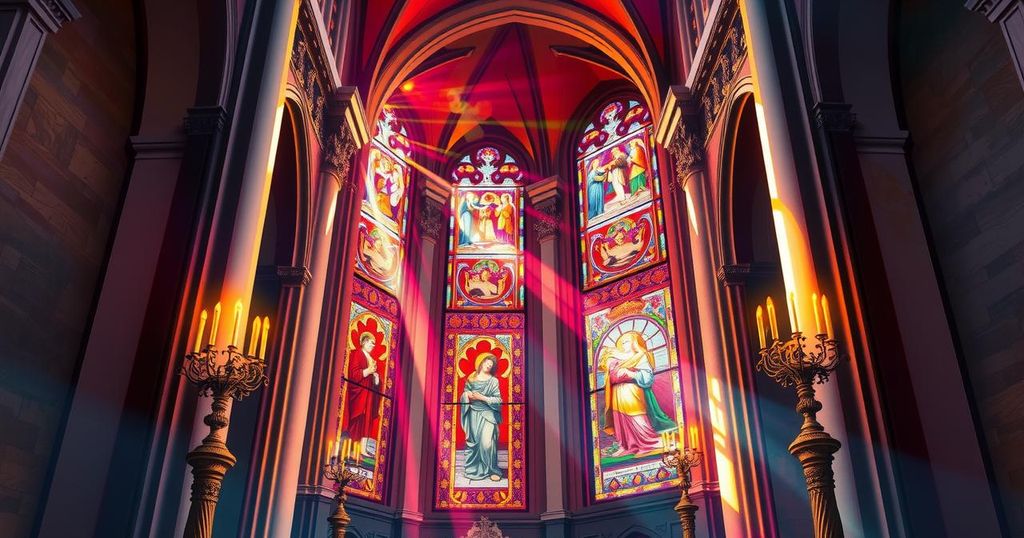Brazilian cinema began in the late 19th century with the Segreto brothers, who pioneered the art form by filming Guanabara Bay. The first feature film, “O Crime dos Banhados,” directed by Francisco Santos, laid the groundwork for a national cinematic tradition. Prominent figures in the 1920s and 1930s, including Humberto Mauro and Mario Peixoto, marked significant advancements, enriching Brazil’s cultural identity through film.
Brazilian cinema has evolved significantly since its inception in the late 19th century. Following the invention of the cinematograph in 1895, pioneers Paschoal and Affonso Segreto, of Italian descent, captured the first moving images in Brazil, particularly scenes of Guanabara Bay. Their initiative to establish cinemas nationwide helped popularize this emerging art form in the early 20th century.
The first Brazilian feature film, “O Crime dos Banhados” (The Crime in the Marshes), directed by Francisco Santos in 1914, marked a significant milestone in national cinema as it was based on a real murder case in Rio Grande do Sul. Santos also directed “Inocência” (Innocence) in 1915, adapting a novel that further established Brazilian cinematic traditions, although both films have regrettably been lost to history.
By the 1920s, Brazilian cinema gained prominence with key figures like Humberto Mauro, who produced iconic films such as “Tesouro Perdido” (Lost Treasure) in 1927 and “Brasa Dormida” (Sleeping Ember) in 1928. Jose Medina’s “Exemplo Regenerador” (Regeneration Model) in 1919 was considered the first feature from São Paulo, addressing social issues. Luiz de Barros’s 1929 production, “Acabaram-se os Otários” (No More Idiots), is noted as Brazil’s first sound film, featuring comedic elements.
The 1930s marked further advancements in the industry with the release of “Limite” (1931) by Mario Peixoto, a pivotal film in Brazilian cinema’s history, and the rise of musical films with Carmen Miranda. Adhemar Gonzaga played a crucial role during this time, founding one of Brazil’s largest film studios after his career as a critic and producer. These foundational works and reforms carved out a path for the future of Brazilian cinema.
Reflecting on these historical milestones enhances our appreciation for Brazil’s cinematic pioneers and underscores the necessity of preserving our film culture. Each film, initiative, and effort has contributed to shaping a vibrant audiovisual heritage that continues to inspire today and into the future. Acknowledging these achievements reminds us of the significance of promoting and nurturing our unique film narrative.
The evolution of Brazilian cinema showcases the contributions of pioneering filmmakers and the cultural significance of national filmmaking. From the Segreto brothers’ inception of the medium to Mario Peixoto’s groundbreaking work in the 1930s, Brazilian cinema has played an essential role in the cultural identity of the nation. Continued preservation efforts will ensure that this legacy endures for future generations.
Original Source: tvbrics.com




